Direction (1-5): Study the following information carefully and answer the questions given below:
Sixteen persons are sitting in two parallel rows containing four sofas in each row in such a way that there is an equal distance between adjacent sofas. In the first row, eight persons i.e. A, B, C, D, E, F, G and H are seated and all of them are facing south. In the second row, eight persons i.e. P, Q, R, S, T, U, V and W are seated and all of them are facing north. Therefore, in the given seating arrangement, each person seated in a row faces another person of the other row. Two persons sit on each sofa.
Three persons sit between D and G. H sits between A and E. F faces to S. B sits on the extreme right end Sofa. Three persons sit between A and B. W faces to A. Two persons sit between P and W. Persons sit to the left of P is one less than the persons sit to the right of Q. E sits diagonally opposite to R. More than one person sit between B and E. V sits immediate left of U. Only one person sits between U and W. No one sit between D and F.
Q1. Who among the following faces to C?
(a) R
(b) V
(c) Q
(d) P
(e) W
Q2. How many persons sit between V and T?
(a) One
(b) None
(c) More than three
(d) Three
(e) None of these
Q3. What is the position of C with respect to H?
(a) 5th to the right
(b) 4th to the right
(c) 3rd to the left
(d) 4th to the left
(e) 2nd to the right
Q4. The number of persons sit between P and V is same as the number of persons sit between H and _____?
(a) A
(b) B
(c) C
(d) D
(e) None of these
Q5. Four of the following five are alike in a certain way and hence they form a group. Which one of the following does not belong to that group?
(a) E
(b) U
(c) R
(d) S
(e) G
Direction (6-9): Study the following information carefully and answer the questions given below:
Eight family members are sitting in a circular table. They are facing towards center. No two females sit adjacent to each other.
Two persons sit between P and Son of T. W sits 2nd to the left of P who is spouse of R. S is spouse of T who is father of W. Q who is sibling of S is an immediate neighbor of V and S. V faces U who is sister in law of S. R sits immediate right of T who doesn’t sit next to V. T is son in law of R. U is unmarried.
Q6. How is P related to T?
(a) Father
(b) Father in law
(c) Mother in law
(d) Mother
(e) Daughter in law
Q7. What is the position of daughter of P with respect to sister of T?
(a) Immediate left
(b) Immediate right
(c) 2nd to the right
(d) 2nd to the left
(e) None of these
Q8. How many persons are sitting between mother of Q and sister in law of U when counted from right of mother of Q?
(a) None
(b) One
(c) Two
(d) Three
(e) More than three
Q9. Who among the following sits 3rd to the right of grandfather of V?
(a) V
(b) S
(c) W
(d) T
(e) None of these
Directions (10-14): In each of the following below is given a group of letters followed by four combinations of digits/symbols numbered (a), (b), (c) and (d). You have to find out which of the combinations correctly represents the group of letters based on the following coding system and mark the number of that combination as the answer. If none of the four combinations correctly represents the group of letters, mark (e), i.e. ‘None of these’, as the answer-
 Conditions:
Conditions:
(i) If first letter is vowel and last letter is consonant then both are coded with the code of the consonant.
(ii) If both the first and the last letter of the group are vowels, their codes are to be interchanged.
(iii) If the first letter is a consonant and the last letter is a vowel, both are to be coded as the code for the vowel.
(iv) If both second and fourth letter is vowel then both are coded as the code of second letter.
*Note-More than one conditions can be applied in such coding system.
Q10. AONUXJ
(a) &@*©$!
(b) !@*©$!
(c) !@*@$!
(d) !@*©$&
(e) None of these
Q11. RSTLBE
(a) #%619#
(b) #%916#
(c) #9%16#
(d) 5%916#
(e) None of these
Q12. AHZPJU
(a) ©4∆3!&
(b) ©34∆!&
(c) !©43∆&
(d) ©43∆!&
(e) None of these
Q13. ZEHOBU
(a) 3#4@6©
(b) ©#4@6©
(c) ©#4#6©
(d) 3#4#6©
(e) None of these
Q14. LNOASP
(a) 1*@&%∆
(b) ∆*@&%1
(c) 1*@*%∆
(d) 1*@&%1
(e) None of these
Q15. The positions of the first and the second digits of the number 4918623570 are interchanged. Similarly, the positions of the third and the fourth digits are interchanged and so on. Which of the following will be the sixth digit from the left end after the rearrangement?
(a) 6
(b) 8
(c) 5
(d) 2
(e) 5
Solutions
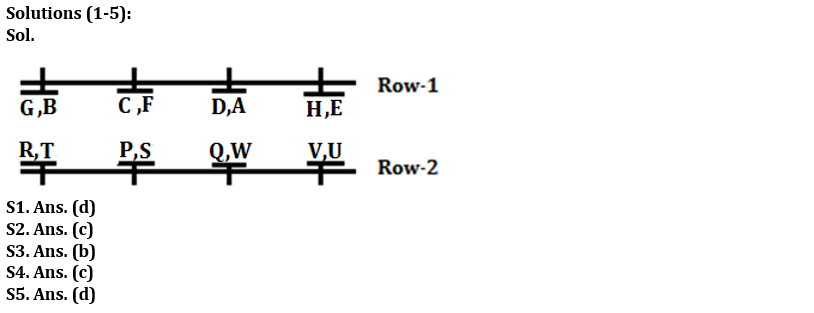
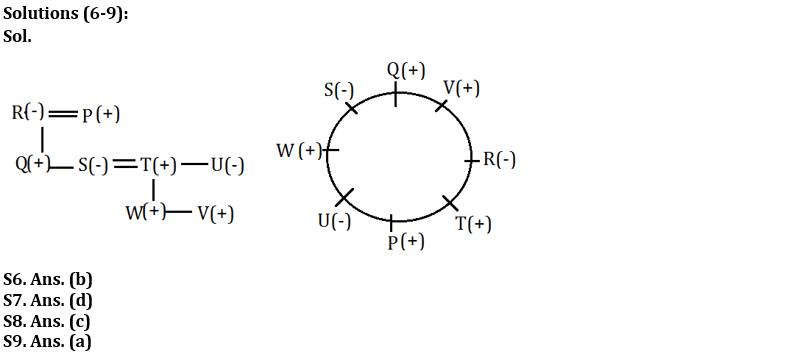
S10. Ans. (c)
Sol. By using condition (i) and (iv), the code will be !@*@$!.
S11. Ans. (b)
Sol. By using condition (iii), the code will be #%916#.
S12. Ans. (d)
Sol. By using condition (ii), The code will be ©43∆!&.
S13. Ans. (c)
Sol. By using condition (iii) and (iv), the code will be ©#4#6©.
S14. Ans. (a)
Sol. No Condition Applicable
The code will be 1*@&%∆.
S15. Ans.(a)
Sol. Original Number- 4918623570
After Arrangement- 9481265307


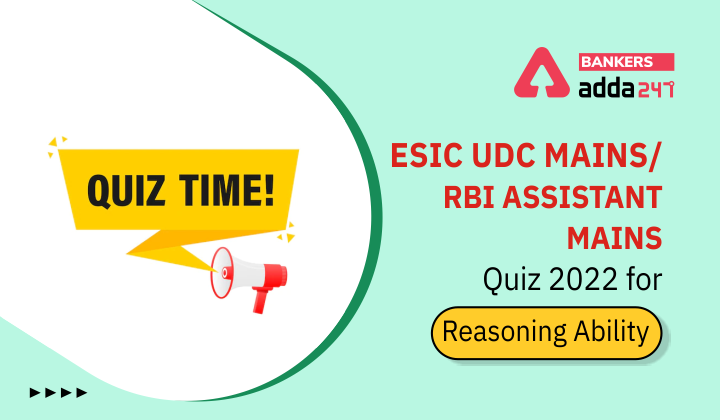
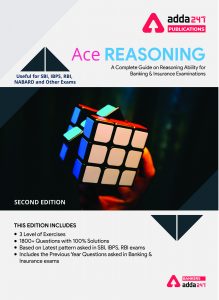

 GA Capsule for SBI Clerk Mains 2025, Dow...
GA Capsule for SBI Clerk Mains 2025, Dow...
 The Hindu Review October 2022: Download ...
The Hindu Review October 2022: Download ...
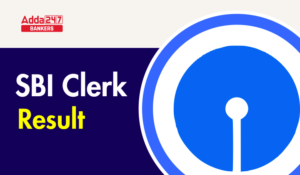 SBI Clerk Prelims Result 2025 Out, Direc...
SBI Clerk Prelims Result 2025 Out, Direc...







